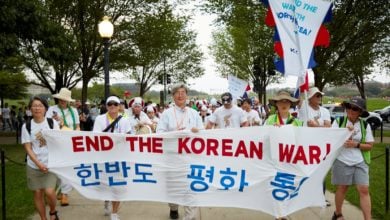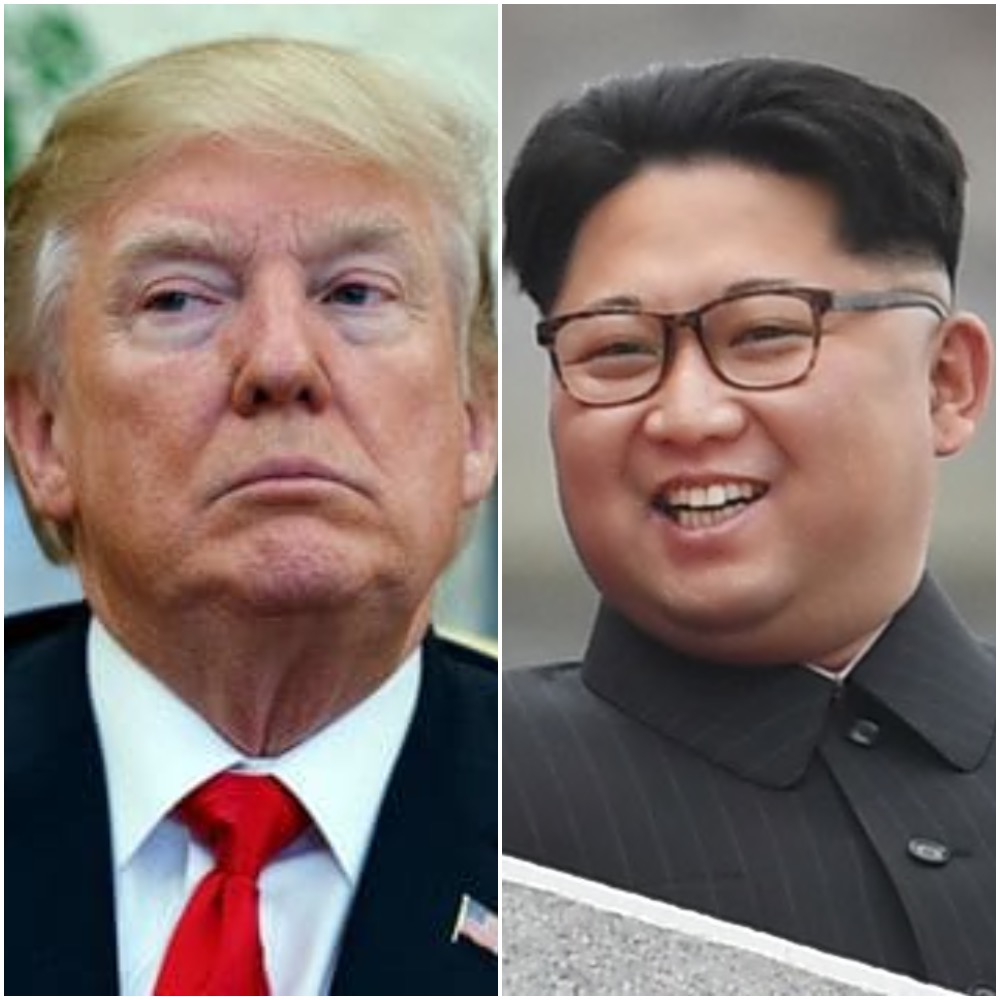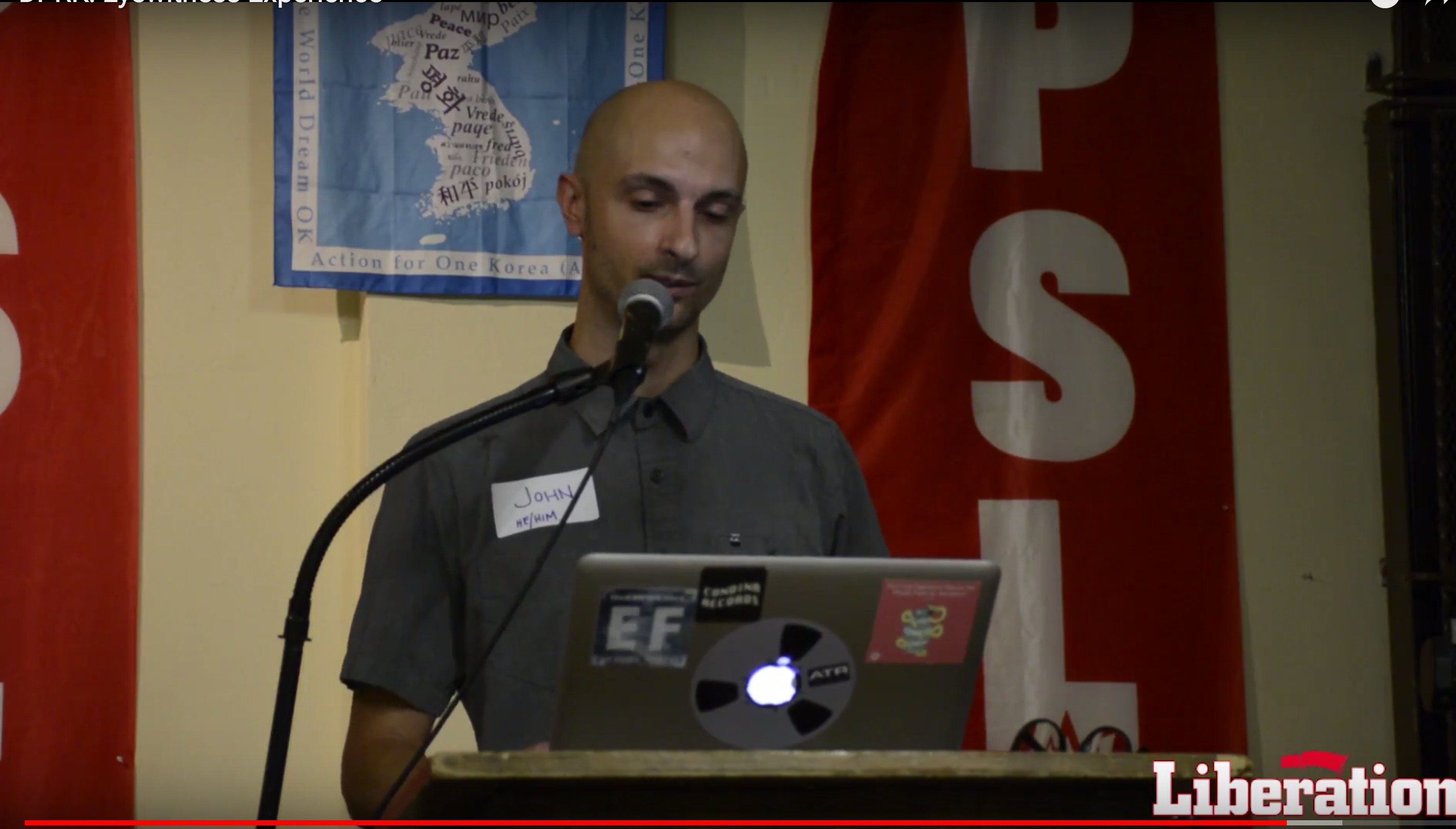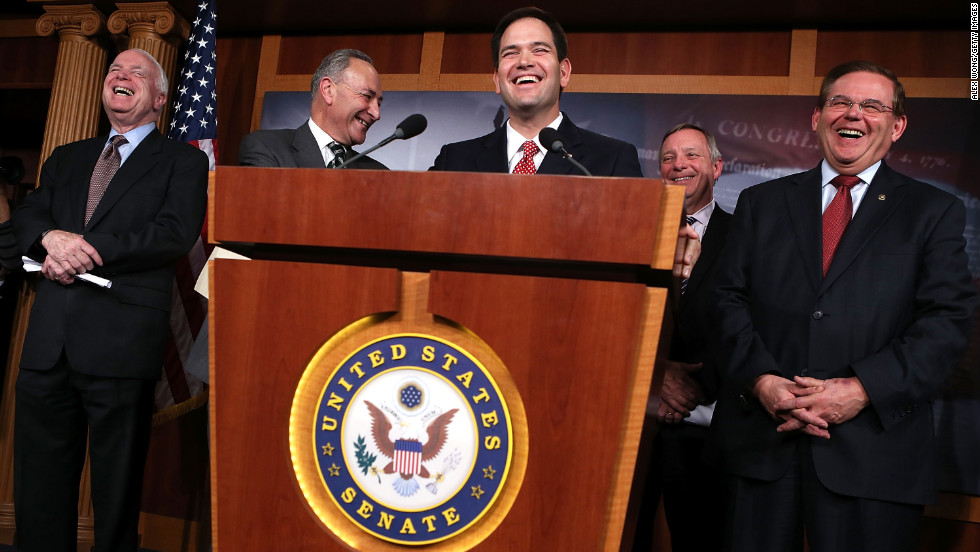Few countries in the world have been as intensely demonized as North Korea—also called the Democratic People’s Republic of Korea. The DPRK is portrayed on the evening news as a “hermit kingdom” whose people live under a cruel and oppressive dictatorship. Above all, we are told that North Korea poses a direct threat to our safety and could at any minute launch an unprovoked nuclear attack. The facts tell a very different story.
The United States has a total of 8,500 nuclear weapons and is the only country to have ever used them in combat, killing 225,000 civilians in two bombings during World War II. U.S. occupation of Korea continues to this day in the South. Throughout South Korea, some 28,000 U.S. troops are stationed more than 6,500 miles from home, many of them on the border with the North. Despite repeated calls, the U.S. government refuses to sign a peace treaty and remains officially at war with North Korea.
So why does the DPRK find itself perpetually in the crosshairs of U.S. imperialism? As was the case with Afghanistan, Iraq and Libya, it refuses to be a loyal client regime of the United States. Even more, its society is organized on a fundamentally different basis, posing an existential threat to the forces of international capitalism.
U.S. imperialism began targeting Korea shortly after the end of World War II. A socialist state was established in the North, while U.S. forces and Korean collaborators rounded up and murdered over 100,000 communist sympathizers in the South, enforcing an artificial division of the country.
Tensions escalated to a full-scale war in 1950 when imperialist armies led by the United States wreaked massive devastation and the death of over 5 million Koreans. The DPRK and volunteers from China—which had recently had its own revolution—managed to fight the Western forces to a stalemate, and the peninsula remained divided along the 38th parallel.
Since the unofficial end of the war in 1953, the United States has maintained its occupation of South Korea and has taken a consistently threatening posture towards the North. After the restoration of capitalism in the Soviet Union and other formerly socialist states, the DPRK lost over 70 percent of its trading partners. Seeking to exploit this, the U.S. government imposed devastating sanctions that remain in place today, causing massive economic hardship.
However, many of the gains of socialist construction have been retained. Health care and education are completely free in the DPRK, and a job is a guaranteed right. The economy is planned rather than dictated by the capitalist drive for profit, so the cost of housing is set at 0.3 percent of a worker’s monthly salary and utilities cost just 3 percent of monthly income.
The DPRK faces severe problems, not the least of which is persistent food shortages. Throughout its existence, in the face of a constant threat of an invasion by the U.S. military stationed right on its borders, North Korea has had to spend a huge portion of its resources on military defense, causing a severe drain on its economy. Having only 14 percent arable land, harsh economic sanctions have crippled North Korea’s economy, already weakened by the loss of trade with its long-time main trading partner, the former socialist bloc. Having to survive under intense military, economic and political pressure aimed at regime change has caused deformities in the DPRK’s political and economic system. But the problems are not caused by flaws in socialism or the failure of the leadership to adopt the capitalist mode of production.
The U.S. demonization of North Korea is especially cynical. North Korea is demonized and ridiculed by the imperialist propaganda machine for problems for which the United States and its imperialist allies themselves are largely responsible.
The enemies of the international working class are in Washington and Wall Street, not North Korea. U.S. interference in the Korean Peninsula is based not on genuine concern for the well-being of the Korean people, but a desire to conquer and dominate. All working people should reject the hypocritical fear-mongering and attempts to demonize the leadership of the DPRK, and stand firmly in support of the Korean people’s right to self-determination.





